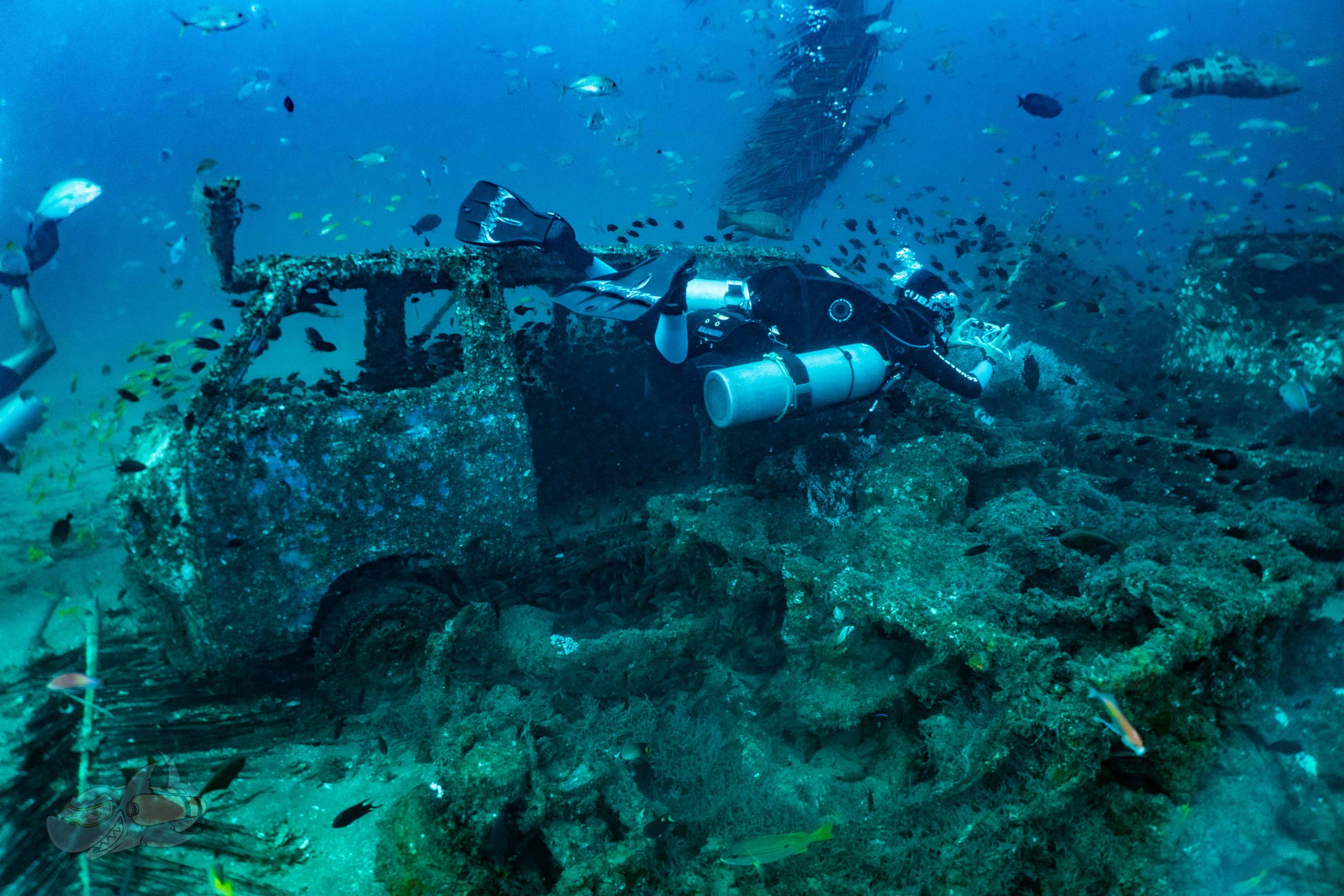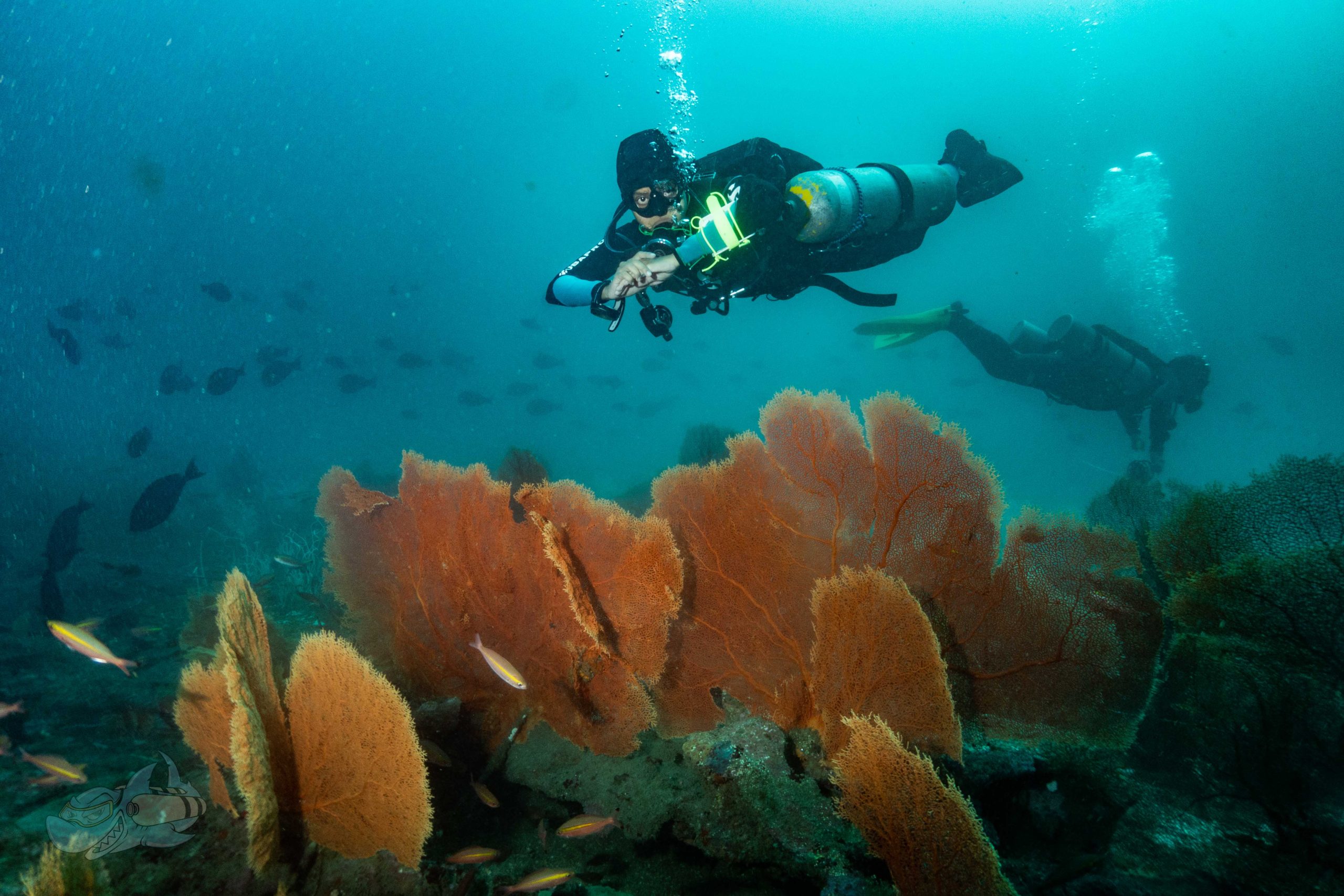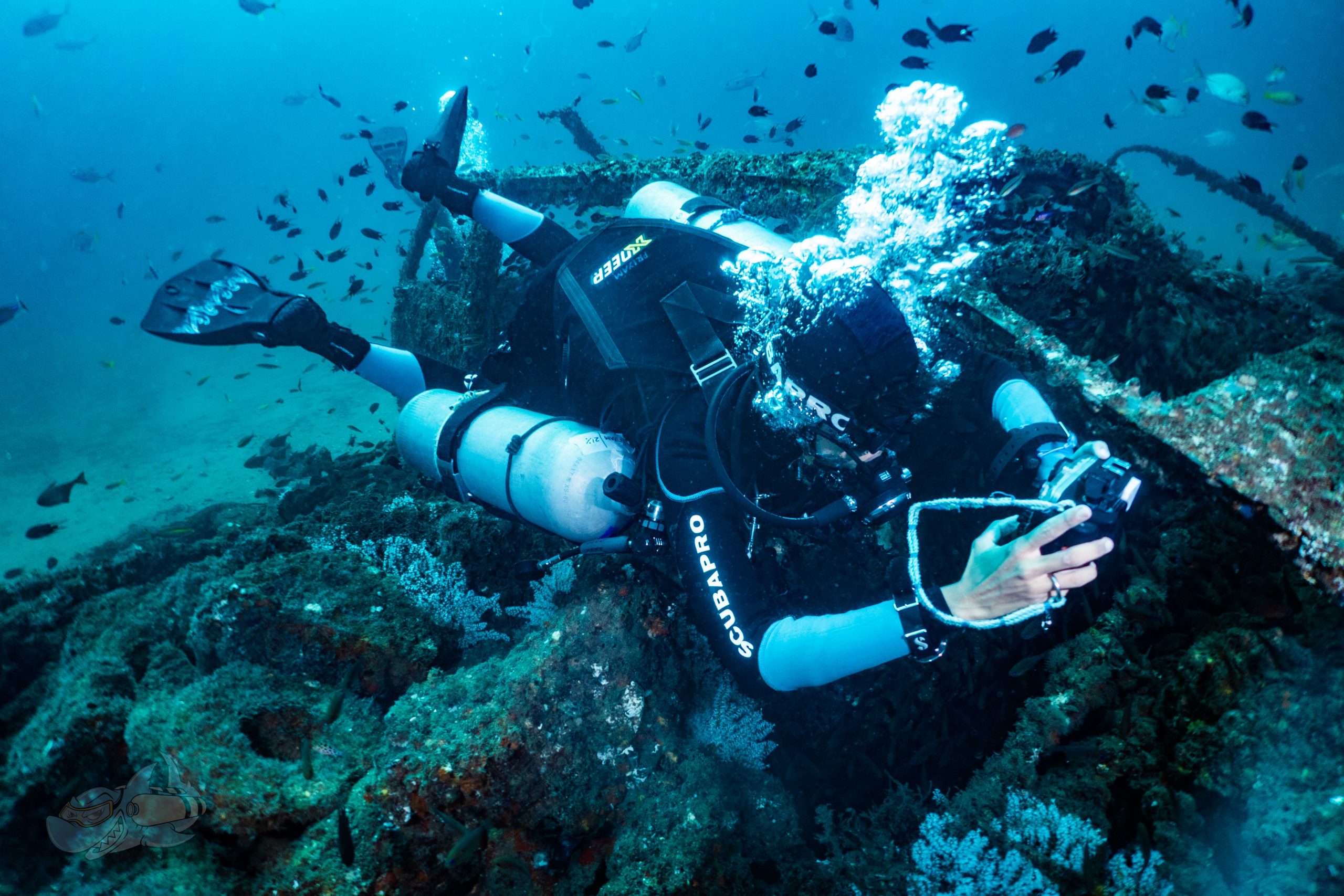With proper training, equipment and the right attitude to accept the risks involved in independent diving, an experience diver can responsibly engage in dives without a buddy. Self-reliant diving is an adventure activity that is not for everyone, but does have its place. If you have the mental discipline and commitment to learn and follow self-reliant diving techniques, you'll bolster your skills and confidence when diving alone, in a dive pair or as part of a team.
You need to be an Advanced Open Water Diver who is at least 18 years old and has 100 logged dives to enroll in the Self-Reliant Diver course. You'll also complete a skills assessment with your Self-Reliant Diver Instructor before diving into the course.
Academic
Learning how to compensate for situations you would normally handle with a buddy is the focus of the Self-Reliant Diver course. This includes proper dive planning using air consumption rate calculations, life support system redundancy, and independent management of dive emergencies. During three self-reliant training dives, you'll practice:
- Performing an air consumption rate swim to gather information for later calculation.
- Switching to a redundant air supply system during simulated emergency situations.
- Swimming without a mask.
- Navigating to various points, including your exit.
- Using a DSMB.
Equipment
Besides your basic scuba equipment, you'll need a DSMB, redundant gas source, redundant dive computer and redundant surface signalling device. Your Instructor or any of our retail staff will suggest other gear as appropriate.



